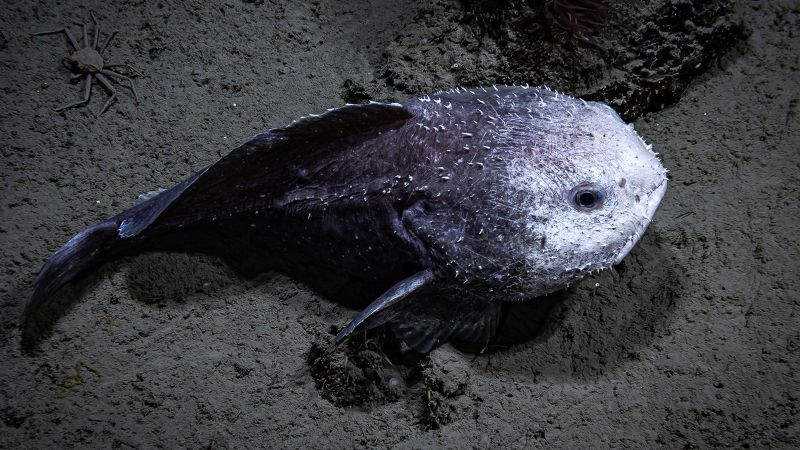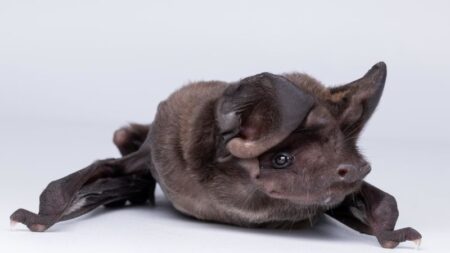In a remarkable turn of events, the once-declared world’s ugliest animal, the blobfish, has experienced a significant change in public perception. In 2013, this gelatinous marine creature was infamously dubbed the “ugliest animal on the planet,” a title that seemed to seal its reputation in the annals of marine biology. Yet, in a surprising twist, the blobfish has recently been celebrated as New Zealand’s “fish of the year.” This initiative aims to foster awareness surrounding the diverse marine life and the fragility of its ecosystems found within the stunning waters of New Zealand.
The competition was organized by the Mountains to Sea Conservation Trust, an organization dedicated to raising the profile of the unique aquatic ecosystems endemic to New Zealand. This annual event engages the local population, encouraging them to become familiar with a wide variety of fish species inhabiting both freshwater and saltwater environments across the nation. The blobfish, despite its reputation, has emerged as a symbol of resilience and ecological importance.
According to information provided by the United States National Oceanic and Atmospheric Administration (NOAA), the blobfish grows to approximately 12 inches (30 centimeters) in length and has garnered attention for its distinctive appearance. Characterized as “a big, blobby tadpole,” it possesses features such as a mass of pale, jelly-like flesh, puffy and loose skin, a sizable nose, and beady eyes that seemingly stare into the void. These marine dwellers primarily inhabit the waters off the southeastern coast of Australia and Tasmania, often residing at depths ranging from 2,000 to 4,000 feet (600 to 1,200 meters), where they evade easy detection by potential predators.
The voting process for the “fish of the year” title took place on the nonprofit trust’s website, allowing participants to cast their votes over a period of just over two weeks. Polling was officially concluded on March 16, with a total of 5,583 votes cast. In an exhilarating outcome, the blobfish triumphed over its closest competitor, the orange roughy, garnering nearly 300 more votes. This victory holds particular significance, considering the blobfish is classified as vulnerable, drawing attention to the conservation challenges faced by numerous marine species.
The announcement from the Mountains to Sea Conservation Trust highlighted the surprising nature of this outcome. The orange roughy, initially leading the vote count, seemed primed for victory until the blobfish claimed an unexpected surge in support. A pivotal moment came when the fish received endorsement from the New Zealand radio network More FM, amplifying its visibility in the race for public affection.
Sarah Gandy and Paul Flynn, the hosts of More FM’s Drive show, provided vocal support for the blobfish’s cause, asserting a collective desire from New Zealanders for the once-maligned creature to receive recognition. Gandy and Flynn emphasized: “We had enough of other fish getting all the headlines.” They championed the blobfish’s long-suffering existence, which they metaphorically likened to that of an underdog waiting for its moment, stating, “It’s time for the blobfish to have his moment in the sun,” a sentiment that resonated widely.
Kim Jones, a co-director of the trust, echoed the enthusiasm surrounding the blobfish’s unconventional beauty, which played a significant role in its electoral victory. Jones articulated the importance of the conservation initiative, underscoring the unique nature of many freshwater and marine fish in New Zealand, a biodiversity hotspot. She cautioned that changing climate conditions and evolving land-use patterns are inflicting substantial harm on marine ecosystems, placing various fish species at risk of extinction.
Ultimately, the blobfish’s ascent from ridicule to recognition highlights the complexities of marine life and the vital importance of continued ecological awareness and activism. This surprising victory serves not only to celebrate a quirky species but also as a reminder of the pressing challenges faced by marine ecosystems, encouraging a collective responsibility to protect them for future generations.












